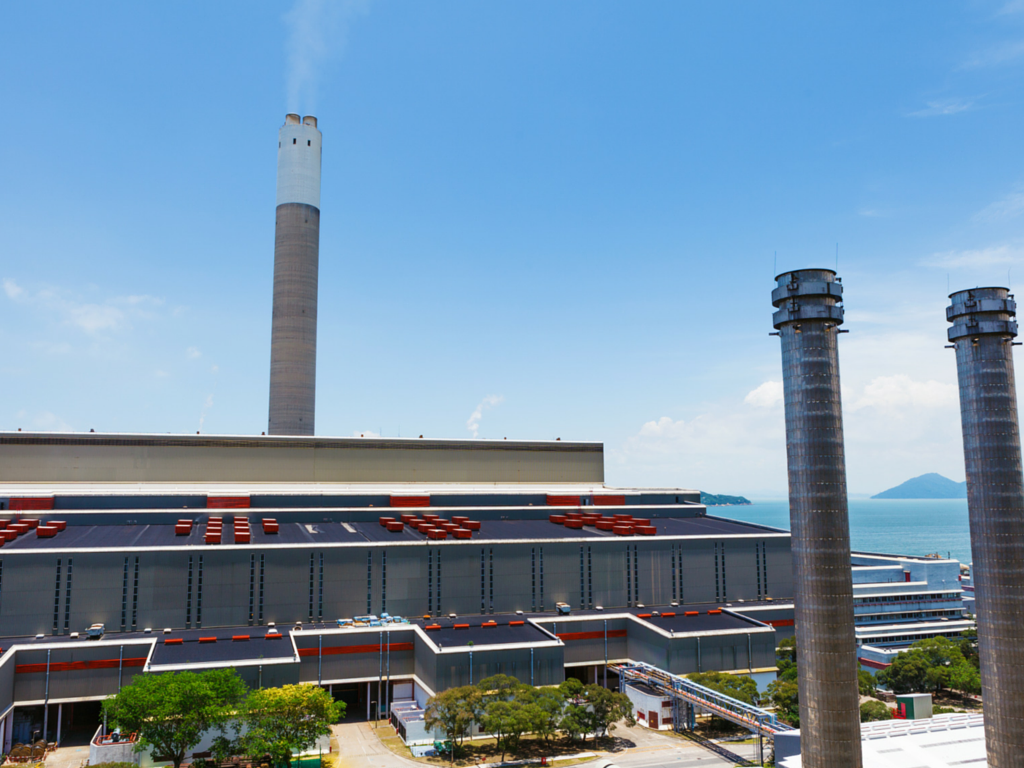
To those unfamiliar with the concept of lean principles in business operations, the traditional definition of "lean" seems at odds with the food supply chain, which is itself a process dedicated to feeding the end consumer. In reality, lean manufacturing and fulfillment can help produce wider margins of profit and success. They achieve this through minimizing waste and manifesting continual improvement efforts that create an inhospitable environment for performance-robbing mistakes, poor judgment calls, food waste and other common pitfalls of the procurement team. Here's how to "get lean" in your supply chain and reap the benefits.
Send Misconceptions Packing
As with any other business endeavor, attitude is a huge component of success. You will serve as the de facto ambassador of lean manufacturing to other "new recruits" in your chain, so if you have lingering doubts or don't truly believe in it, you can bet they will as well. If you aren't sure where to start, use these four guidelines for incorporating lean practices in your supply chain:
- Lean manufacturing doesn't mean letting staff go, it means improving the staff you already have.
- Lean manufacturing doesn't mean setting up a system and letting it run indefinitely, it means constantly revisiting it for improvement opportunities.
- Lean manufacturing doesn't mean operating without a safety net, it means balancing backstock with contingency plans that you actually need, not over-compensating out of fear.
- Lean manufacturing doesn't mean "shoestring" or "bare bones," it means efficient.
Take a Long, Hard Look at Processes
Observe the way your supply chain runs as a whole. While there's only so many processes you have control or influence over outside of your company, you do have access to the most important one: partnering with companies that already embrace the lean mindset. When a supply chain partner's product or service is produced at the greatest efficiency, it's handed off to your other partners quickly, affordably and with minimal food waste. Companies that commit to applying lean thinking to their operational efforts as well as their administration enjoy — and provide — benefits such as consistency, reliability and more accurate forecasting.
Solicit Ideas from the Entire Team
Even if you're not directly involved in assessing a supply chain component, never make the mistake of thinking you can't gain deeper insight. Whenever possible, isolate and ask the individuals that work directly with manufacturing, fulfillment and even invoicing what they would improve about their own work processes. Even if a company has mastered lean principles within their own walls, there may be a different approach that you could take as their client to keep the lean efficiency flowing. The way you receive stock or communicate about invoices and orders could actually be artificially slowing your supply chain partners down.
Examine Lean Frontrunners for Ideas
When you attend trade shows or read industry news, keep an eye out for the lean frontrunners. Chances are that you have at least one competitor that is producing more, selling faster or seems to be in better control of their workflows than your current setup. These companies are typically the ones being interviewed and examined, making your reconnaissance as simple as a few internet searches or peer discussions now and then. Whenever possible, talk to mutual suppliers or service providers about their experiences with your rival company; that company may be making others' jobs easier through lean efforts that could easily be mimicked in your own company. Avoid making the one-size-fits-all mistake, however — solutions are seldom cut-and-paste ready, and will need to be personalized and adjusted to follow your own corporate culture. You rivals' lean results could, after all, arise from hard work and enthusiasm for improvement, not necessarily from narrowly-defined lean efforts.
Don't let your profits end up getting tossed out with food waste; use lean principles throughout your supply chain and operations to reinforce efficiency and commitment to excellence. The food supply chain doesn't have to be a constant back-and-forth battlefield of quick fixes, but you'll need to stay vigilant to prevent it from getting there. It will require you to pay close, simultaneous attention to the way each node in your supply chain works, and how they work together.






